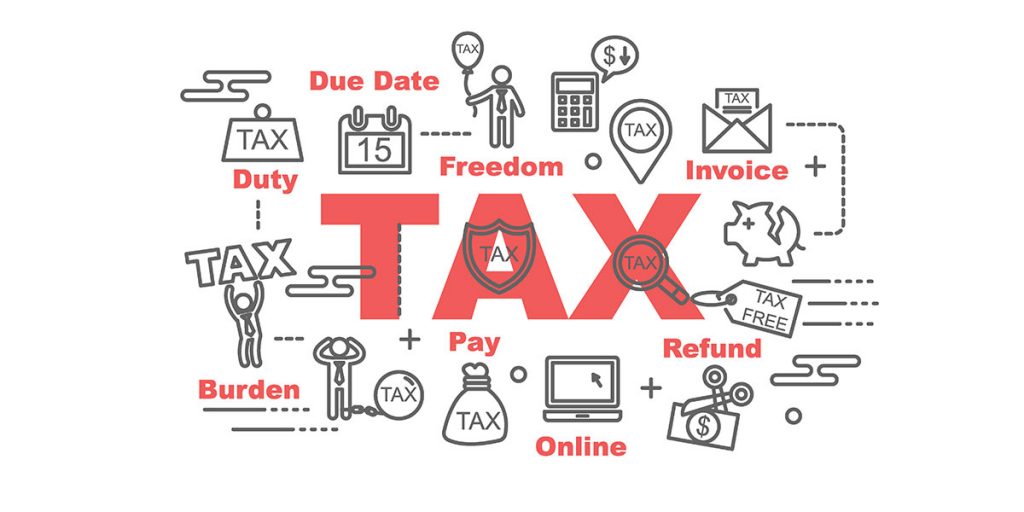
What do you need to know about taxation in India? For starters, you should know that even though the formal name of the country is the Republic of India, its informal name (and the one most people use) is India. India gained independence from Britain in 1947 and became a republic in 1950; since then, it has grown into one of the world’s largest and fastest-growing economies, in large part due to its strong and growing manufacturing sector.
Sales tax
In India, the central government imposes a national sales tax on the sale of most goods and services. The tax is called the Central Goods and Services Tax (CGST) and is levied at a rate of 18%. In addition to the CGST, most states also levy a state sales tax, called the State Goods and Services Tax (SGST). The SGST rate varies from state to state, but is typically around 10%. Together, the CGST and SGST make up the value-added tax (VAT) that is charged on most goods and services sold in India.
There are a few exceptions to this rule. Some items, such as alcohol, tobacco, and petroleum products, are subject to special taxes that are not included in the VAT.
Income tax
In India, income tax is levied by the central government on your taxable income. The tax rates range from 5% to 30%, depending on your income bracket. If you’re a resident of India, you’re required to file an annual income tax return. Non-residents are only required to pay taxes on their Indian-sourced income. To calculate your income tax liability, you’ll first need to determine your taxable income. This includes all forms of income, such as salary, rental income, interest income, and capital gains. Once you’ve determined your taxable income, you can use the Income Tax Slab Rates for the financial year to calculate your tax liability.
VAT and IGST
In India, the value-added tax (VAT) is a tax on goods and services. The VAT is levied at each stage of the supply chain, from production to retail. The VAT is paid by the consumer, but it is collected by the government from businesses. The VAT rate in India is 14%.
The central government also imposes an indirect goods and services tax (IGST) on interstate sales of goods and services. The IGST rate is 18%. It applies only when you buy goods or services that are sold by one state’s business to another state’s business. For example, if you live in Maharashtra and purchase a shirt manufactured in Tamil Nadu, you will pay an IGST of 18% on your purchase.
Professional tax
In India, professional tax is a tax levied by the state governments on persons earning an income from professions, trades, callings, and employments. The rate of professional tax varies from state to state. And, it is the responsibility of the employer to deduct professional tax from the employee’s salary and deposit it with the government. Professional tax is not levied on all professions – there are some exemptions. For instance, in Maharashtra, doctors, lawyers, and chartered accountants are not required to pay professional tax. In Delhi, however, they do need to pay professional tax if their annual income exceeds Rs 10 lakhs. Similarly, in Karnataka, professionals like doctors or advocates must pay professional tax if their annual income exceeds Rs 50 lakhs. It is important for employees to verify which states require them to be taxed for profession before taking up employment there.
Capital gains tax
If you earn a profit from the sale of a capital asset, such as shares or real estate, you’re subject to capital gains tax. The rate depends on how long you’ve owned the asset and whether it’s considered a short-term or long-term gain. Short-term gains are taxed at your regular income tax rate, while long-term gains are taxed at a lower rate. There are also several deductions and exemptions that can lower your tax liability.
Property tax
In India, property tax is levied by the local municipality on the owner of the property. The amount of tax levied depends on the value of the property, as assessed by the municipality. The tax is usually paid annually. Property tax is used to fund local government services such as schools, roads, and sanitation. A portion of this money is also given back to the state and federal governments for infrastructure projects.
A stamp duty may be charged on the sale or transfer of a property, calculated at a certain percentage of its price. Stamp duty can be paid when purchasing shares or debentures in an Indian company, when signing up for a mobile phone connection or making certain other investments. It can also be charged for other activities such as mortgage registration and estate transactions.
0 Comments